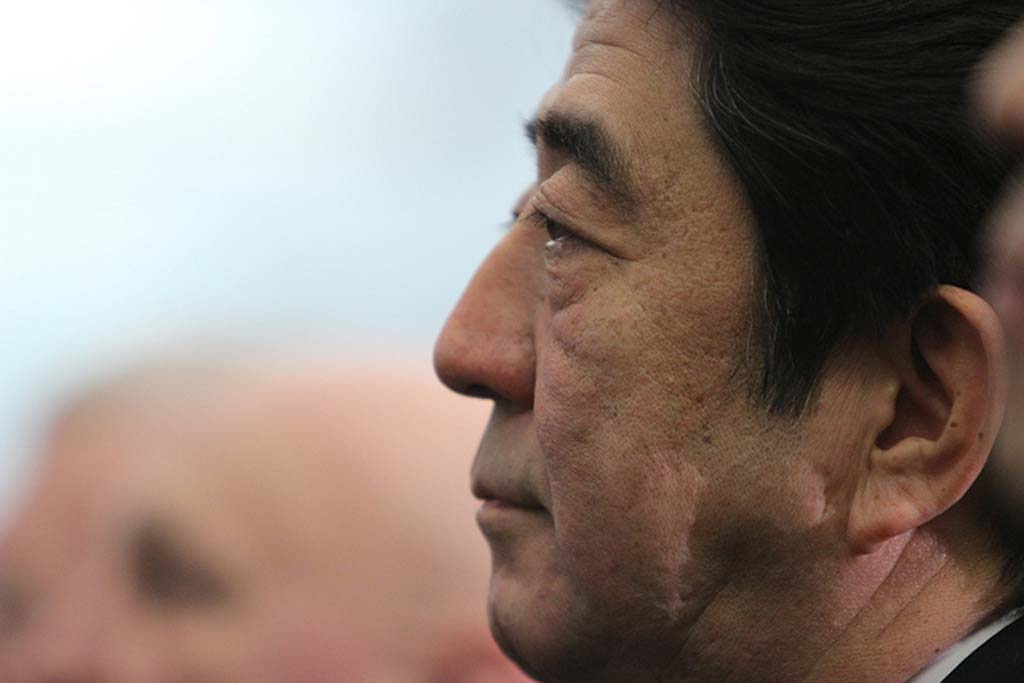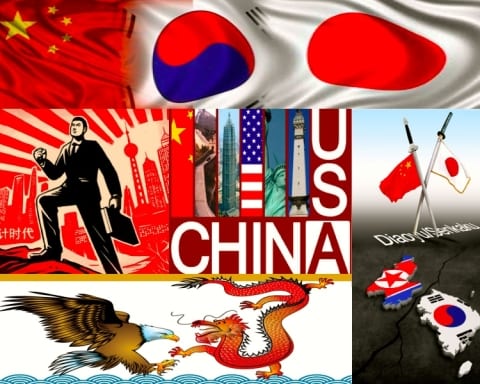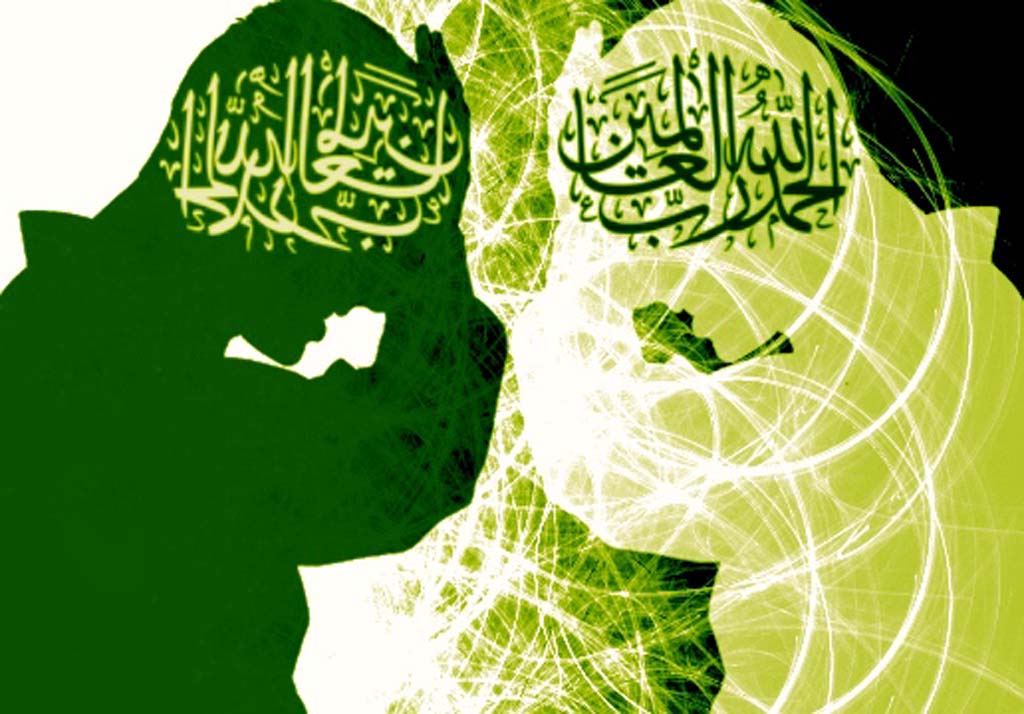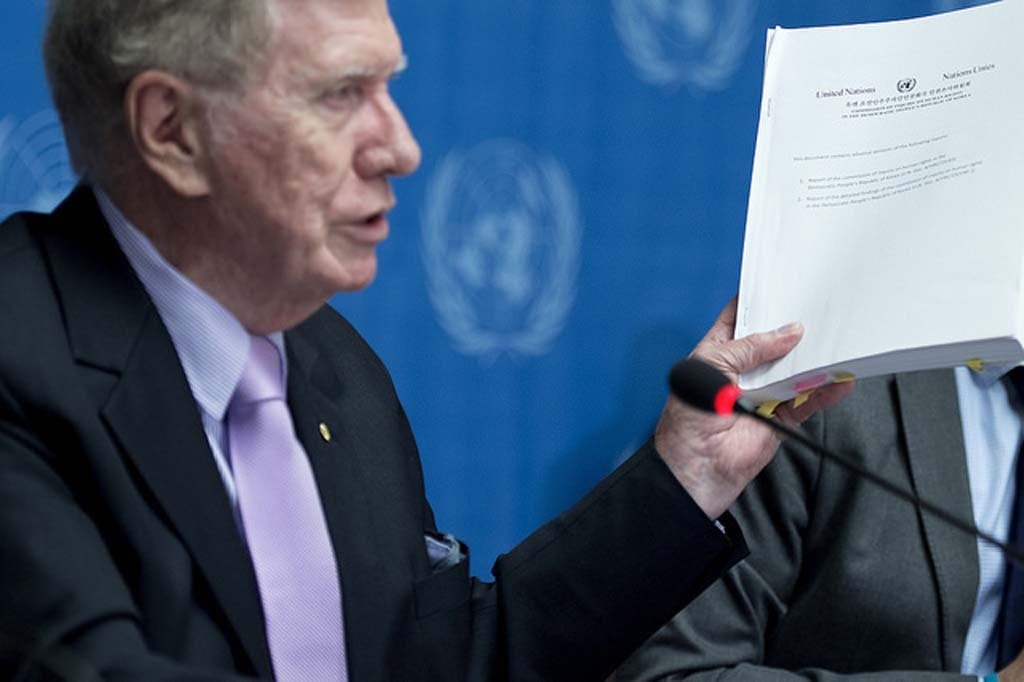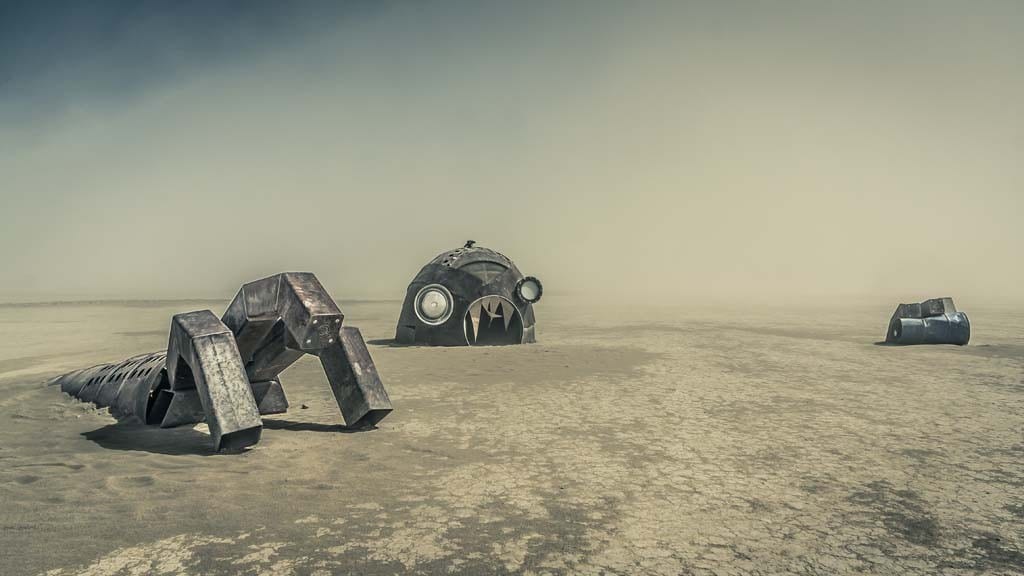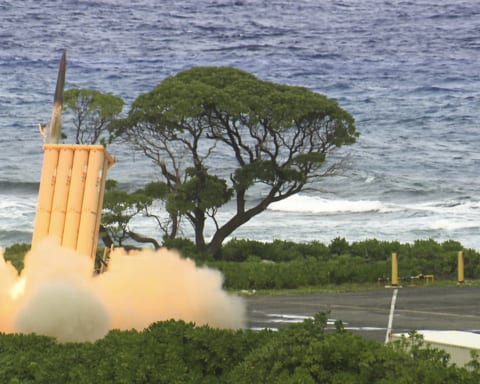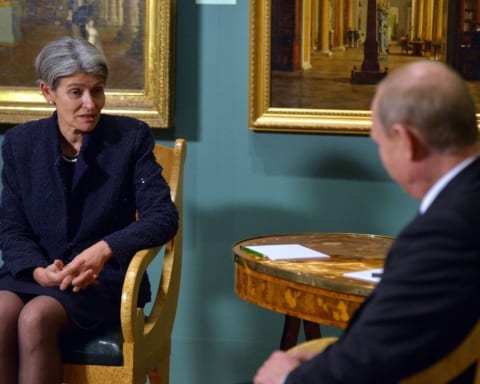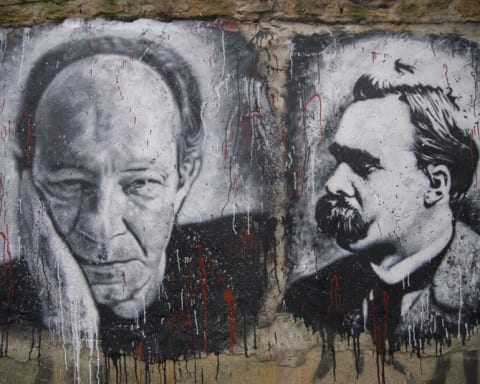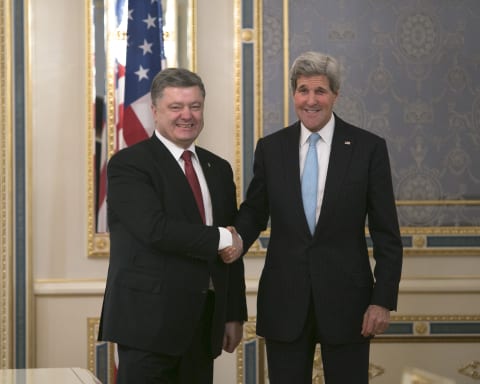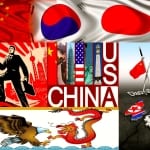On January 31st, various news outlets reported that a video showing the murder of Japanese journalist Kenji Goto had been released by the Islamic State (IS). A similar video had been released a week earlier purportedly showing the murder of Goto’s friend, Haruna Yukawa. These events followed negotiations between the Japanese and Jordanian Government’s with the IS over the release of prisoners. Negotiations between Japanese officials and the IS are currently being reported to have broken down following demands for a US $200 million ransom. In the video released, a member of IS addresses the Japanese government, saying: “Because of your reckless decision to take part in an unwinnable war, this knife will not only slaughter Kenji, but will also carry on and cause carnage wherever your people are found. So let the nightmare for Japan begin.”
Within Japan, government officials have begun to debate the nature and role of Japan’s international activities. The result of these debates among interests holding contrasting views of Japan’s role internationally come at a time when Japan’s identity as a nation is itself in flux. Abe and other nationalist politicians have struggled to convince the Japanese public of the need for changes to Article 9 of the constitution, where the country has renounced war and the threat of force as a way of settling international disputes, and in convincing the public of the need for increasing interaction with foreign affairs. Rather, the Japanese public remains much more concerned with the economic prospects of the country and remains skeptical of any gains that could be made through the new direction proposed by Abe. However, given concerns over the changing balance of power in the region, Abe has been able to find limited success in winning enough support to strengthen the Japanese Self Defense Forces and in increasing funding and logistical support, including arms sales, to allies.
The murder of Goto thus occurs at a potentially opportune time for Abe in terms of his policies. Pictures have shown Japanese citizens around the country holding signs stating “I am Kenji” serve as evidence of the potentially fertile ground in public sentiment. If he and other conservative politicians are able to channel public sentiment to their advantage, they may gain support for further increases in military capabilities and a stronger foreign policy. Such support may find support among Japan’s largest ally, the US. The US has already made limited, although sometimes conflicting, signs of support for a Japan that is more assertive politically and militarily on the international scene. Abe will have to move quickly and lay out his justifications for pursuing a more assertive path convincingly to win over domestic support. If he does so he will likely cite Japan’s inability to respond to such a crisis militarily as a need for legislative change to the Japanese constitution. Already, opposition politicians such as secretary-general of the Democratic Party of Japan Yukio Edano, presumably citing Abe’s prior decision to pledge support to those who oppose the efforts of the IS, have questioned the wisdom of potentially “giving the other side an excuse”. Such sentiments are likely to be widely shared among a population extremely wary getting involved with foreign entanglements. Despite this, the changing realities of the world will inevitably force a change in Japan’s foreign policy posture. Whether the tragedy of Goto’s murder will serve as a catalyst for Japan to embrace these new realities remains to be seen, but for now it would appear that Japan will have to face these new realities sooner rather than later.
